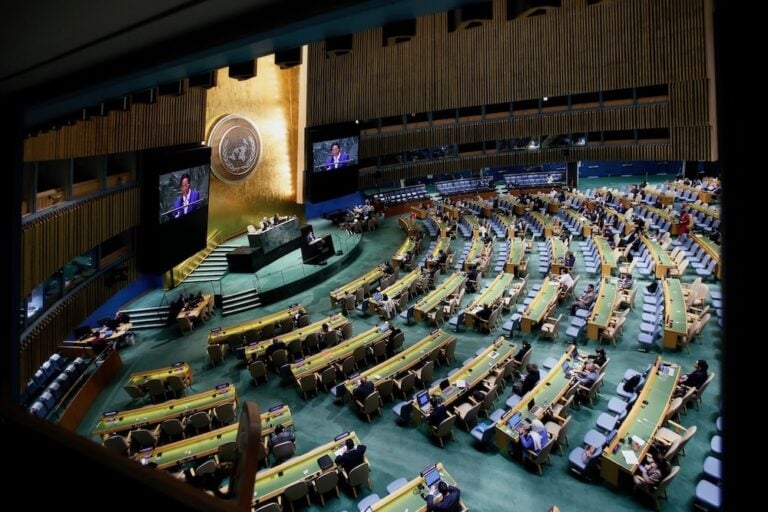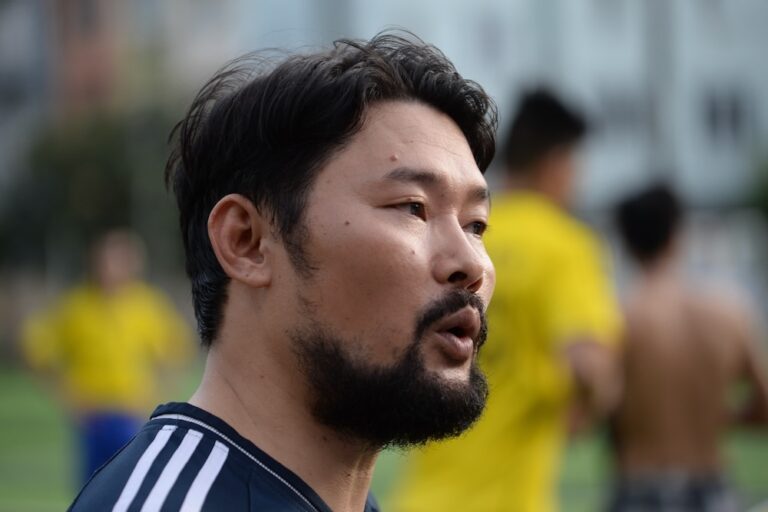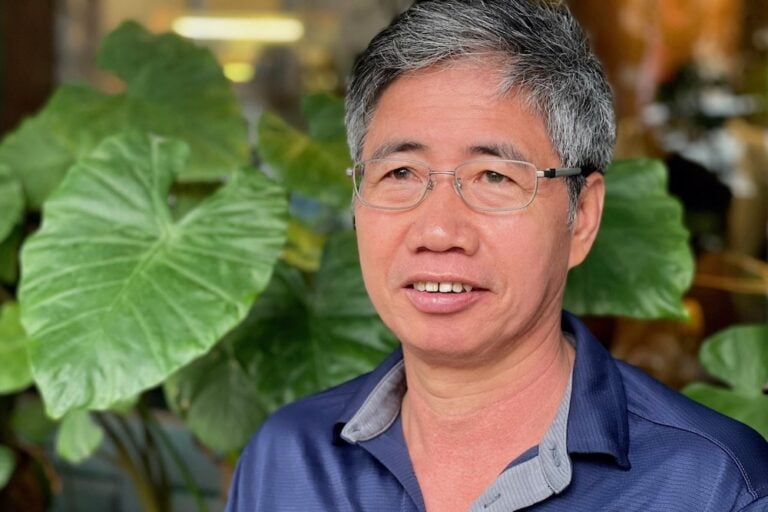ARTICLE 19 said Vietnamese authorities regularly use the Penal Code to punish human rights defenders, independent journalists and writers, and others exercising their right to freedom of expression.
This statement was originally published on article19.org on 15 December 2021.
The conviction of three leading Vietnamese human rights defenders in relation to their online advocacy signals the continuation of the Vietnamese government’s repressive campaign against independent voices, said ARTICLE 19. Vietnamese authorities should immediately and unconditionally release Pham Doan Trang, Trinh Ba Phuong, Nguyen Thi Tam, and all other arbitrarily detained human rights defenders.
“These three convictions are unacceptable acts of reprisal against courageous rights defenders and part of a nefarious campaign to silence and intimidate anyone who speaks out against government abuse,” said Matthew Bugher, ARTICLE 19’s Head of Asia Programme. “The Vietnamese government is clearly allergic to criticism and routinely reacts by jailing independent journalists and others who use social media to document and disseminate information about its failures.”
On 14 December 2021, the Hanoi People’s Court convicted Pham Doan Trang under Article 88 of the 1999 Penal Code, which criminalises the ‘making, storing, distributing or disseminating information, documents and items against the Socialist Republic of Vietnam.’ The court sentenced her to nine years’ imprisonment.
In a statement released ahead of her trial, Pham Doan Trang wrote, ‘The longer the prison sentence, the more demonstrable the authoritarian, undemocratic, and anti-democratic nature of the Socialist Republic of Vietnam.’
Authorities arrested Pham Doan Trang on 7 October 2020, less than a month after five UN Human Rights experts raised concerns about the harassment of independent writers and journalists in Vietnam, including against Pham Doan Trang. She was held incommunicado for over a year before being allowed to meet with her lawyer on 19 October 2021. Court documents indicate that she was targeted for writing about human right issues and meeting with foreign journalists.
In September 2021, the UN Working Group on Arbitrary Detention found that Pham Doan Trang’s detention was arbitrary. In October eight UN human rights experts, including members of the Working Group, noted that she was ‘only the latest victim of the authorities’ use of vaguely defined propaganda charges to persecute writers, journalists and human rights defenders, criminalising the exercise of their right to freedom of opinion and expression to share information.’
Ahead of the original date for her trial in November, ARTICLE 19 and 27 other human rights and freedom of expression organisations released a statement calling for the Vietnamese authorities to immediately and unconditionally release and drop all charges against her.
On 15 December, the Hanoi People’s Court continued its crackdown on human rights defenders by convicting and sentencing Trinh Ba Phuong and Nguyen Thi Tam to ten years’ imprisonment with five years’ probation and six years imprisonment with three years’ probation respectively. They were sentenced under Article 117 of the 2015 Penal Code, which likewise criminalises ‘making, storing, distributing or disseminating information, documents and items against the Socialist Republic of Vietnam.’
Trinh Ba Phuong and Nguyen Thi Tam’s families were denied entry to the trial. Instead, police took them and around 20 supporters from outside the court house to a local police station where they were arbitrarily held throughout the trial.
Authorities arrested the pair on 24 June 2020 along with Trinh Ba Tu and Can Thi Theu, Trinh Ba Phuong’s brother and mother, who were both convicted and sentenced to eight years’ imprisonment in May 2021. The four had large followings on Facebook and YouTube and were among the best-known independent voices in Vietnam monitoring human rights abuses related to the ongoing land dispute in Dong Tam. In January 2020, Le Dinh Kinh, an 84-year-old village leader, was killed in an early morning police raid in Dong Tam.
Before his arrest, Trinh Ba Phuong alone had some 50,000 Facebook followers.
The indictment against Trinh Ba Phuong references a number of social media posts on Dong Tam and his possession of a copy of the book Cẩm nang nuôi tù (A Handbook for Families of Prisoners) written by Pham Doan Trang and published by the defunct Liberal Publishing House. The indictment against Nguyen Thi Tam focuses on her social media posts about Dong Tam.
In November 2020, four UN human rights experts expressed their concern about the circumstances of the arrest, detention, and denial of access to lawyers and family members for Pham Doan Trang, Trinh Ba Phuong, Nguyen Thi Tam, Trinh Ba Tu, and Can Thi Theu.
Vietnamese authorities regularly use the Penal Code to punish human rights defenders, independent journalists and writers, and others exercising their right to freedom of expression.
International human rights experts have repeatedly called on Vietnam to amend its Penal Code in order to make it compliant with international law. In 2019, the UN Human Rights Committee called on Vietnam to revise vague and broadly formulated legislation and to end violations of the right to freedom of expression offline and online ‘as a matter of urgency.’ In early 2021, four UN Special Rapporteurs stated that Article 117 of the 2015 Penal Code is ‘overly broad and appears to be aimed at silencing those who seek to exercise their human right to freely express their views and share information with others.’
Vietnam should immediately and unconditionally end its relentless persecution of independent voices and release all those currently detained for the exercise of their right to freedom of expression. Moreover, the Penal Code itself must be amended in line with international human rights law.
“Vietnam’s legal code is replete with provisions that can be used to imprison critics and silence dissent,” said Bugher. “Authorities are making full use of the repressive elements of Vietnamese law in order to shield their actions from scrutiny.”



